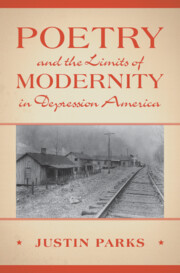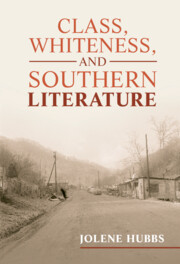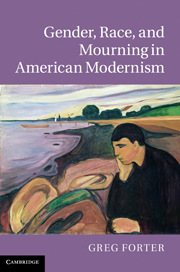Vagabonds, Tramps, and Hobos
The most enduring version of the hobo that has come down from the so-called 'Golden Age of Tramping' (1890s to 1940s) is an American cultural icon, signifying freedom from restraint and rebellion to the established order while reinforcing conservative messages about American exceptionalism, individualism, race, and gender. Vagabonds, Tramps, and Hobos shows that this 'pioneer hobo' image is a misrepresentation by looking at works created by transient artists and thinkers, including travel literature, fiction, memoir, early feminist writing, poetry, sociology, political journalism, satire, and music. This book explores the diversity of meanings that accrue around 'the hobo' and 'the tramp'. It is the first analysis to frame transiency within a nineteenth-century literary tradition of the vagabond, a figure who attempts to travel without money. This book provide new ways for scholars to think about the activity and representation of US transiency.
- This book is the first literary analysis to take account of the full diversity of material produced within hobohemia
- This book is also the first analysis to frame transiency within a nineteenth-century literary tradition of the vagabond
- This book provides readers with insights into a US working-class literary tradition, the hobo memoir
Reviews & endorsements
'An encyclopaedic tour of a now largely forgotten archive of hobo literature in the US … Clayton succeeds in his extraordinary effort to recover the stories of those obscured by popular hobo narratives.' Amy M. E. Morris, Times Literary Supplement
Product details
August 2023Hardback
9781009348034
280 pages
235 × 158 × 26 mm
0.67kg
Available
Table of Contents
- Part I. Context: Introduction: hobohemia and the literary imperative
- 1. From tramp to hobo: the representation of postbellum US transiency
- Part II. The Vagabond and the Tramp:
- 2. In search of experience: vagabond travel narratives
- 3. Vulnerable youth and hobosexuality in the work of Jack London and A-No.1
- 4. 'That's why the lady is a tramp': the hidden story of female transiency
- Part III. The Hobo Transformed:
- 5. Between hobohemia and academia: Nels Anderson's double voice
- 6. 'The laureate of the logging camps': language, food and revolution in the work of T-Bone Slim
- 7. 'I'm a hobo myself sometimes': African-American transiency in Black vernacular music
- Conclusion: The end of the road? Transiency beyond the hobo.





